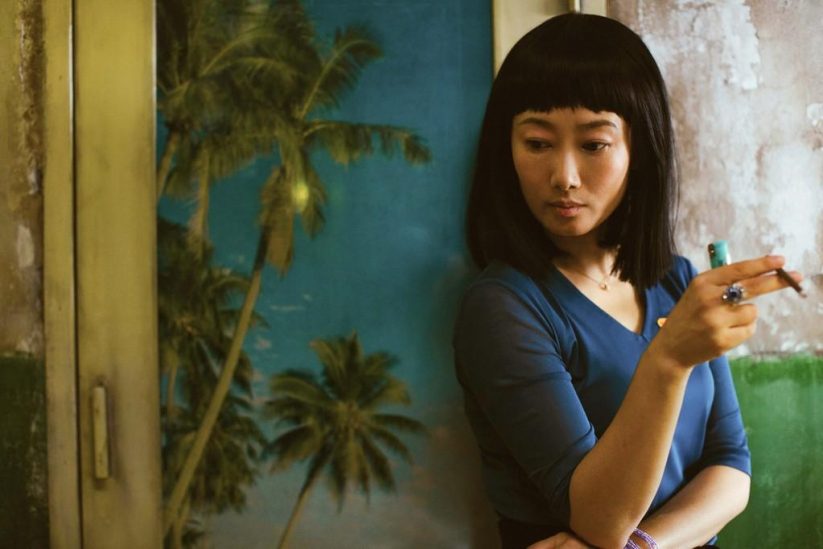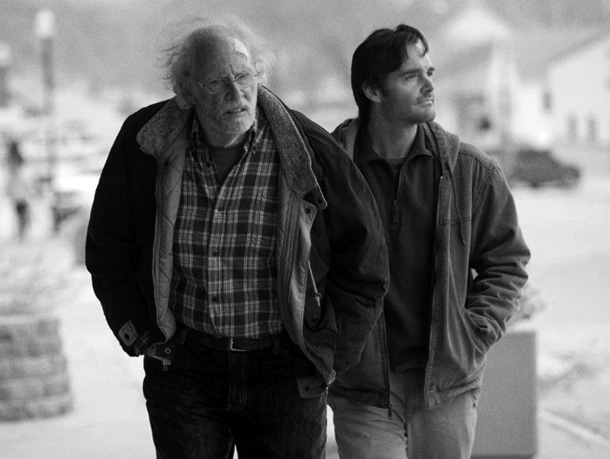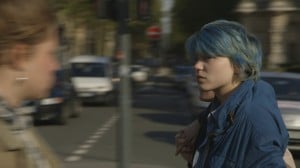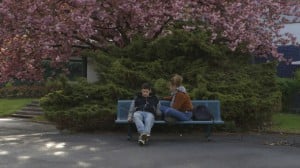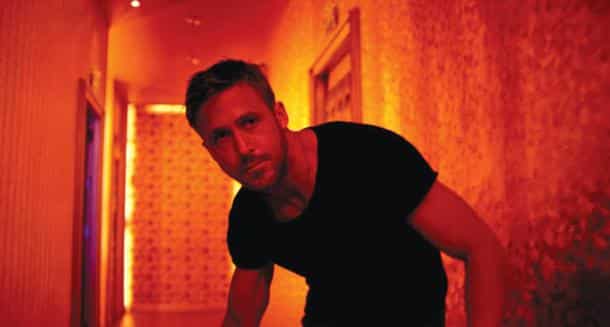Dir: Warwick Thornton | Cast: Kate Blanchett, Mezi Atwood, Deborah Mailman, Wayne Blair | Drama, Australia
Kate Blanchett delivers another tour de force – this time as a nun in a remote outpost for orphaned boys in Australia’s outback.
This drama about a boy disrupting the delicate status quo in a remote Benedictine monastery run by a renegade nun has a definite ring of Matthew Lewis’ Gothic novel The Monk about it.
But this is Australia in the 1940s rather than 18th century Spain. And the themes of innocence and spiritual corruption are replaced by those of Colonisation and the survival of indigenous communities, namely the Aboriginals. There’s no sex, as in Dominik Moll’s The Monk but there is some magic realism: by rubbing his fingers together the boy conjures up the healing force of a sparkling light.
Warwick Thornton’s narrative follows a well-worn formula: the mercurial stranger comes to town and works his magic – good and bad – on a sceptical community. The ‘new boy’ in question is 9 year-old Aswan Reid, an Aboriginal who, early on, saves another orphan from a fatal snake bite. He sleeps under the bed, gobbles down his porridge, and gets extra rations from Blanchett’s indulgent ‘Mother Superior’ Sister Eileen, who is mourning the recent loss of her partner Dom Peter. And while the nun slowly hits the bottle, questioning her own faith, the boy gradually navigates this new world without losing the vital ropes to his past.
The other boys remain bemused by their new housemate who tries to steal the jam belonging to the kindly caretaker George (Wayne Blair) from under the nose of buxom cook Sister Mum (Barbara Mailman). But the boy is thankfully diverted from these rather cheesy interludes by the arrival of a life-size crucifix from Europe, sent to Aussie to avoid it being damaged by the WWII hostilities. And this provides a source of endless fascination for the boy as he experiments by piercing his own hands to see if they bleed, as the crucifix does, miraculously. Eventually, Sister Eileen wonders if baptism could be the answer to the boy’s antics.
Naturally Blanchett is the star turn here but Reid certainly pushes above his weight in an impressive performance for an untrained newcomer in this welcome addition to the aboriginal sub-genre from indigenous director Warwick Thornton. MT
IN UK CINEMAS FROM 08 MARCH 2024

